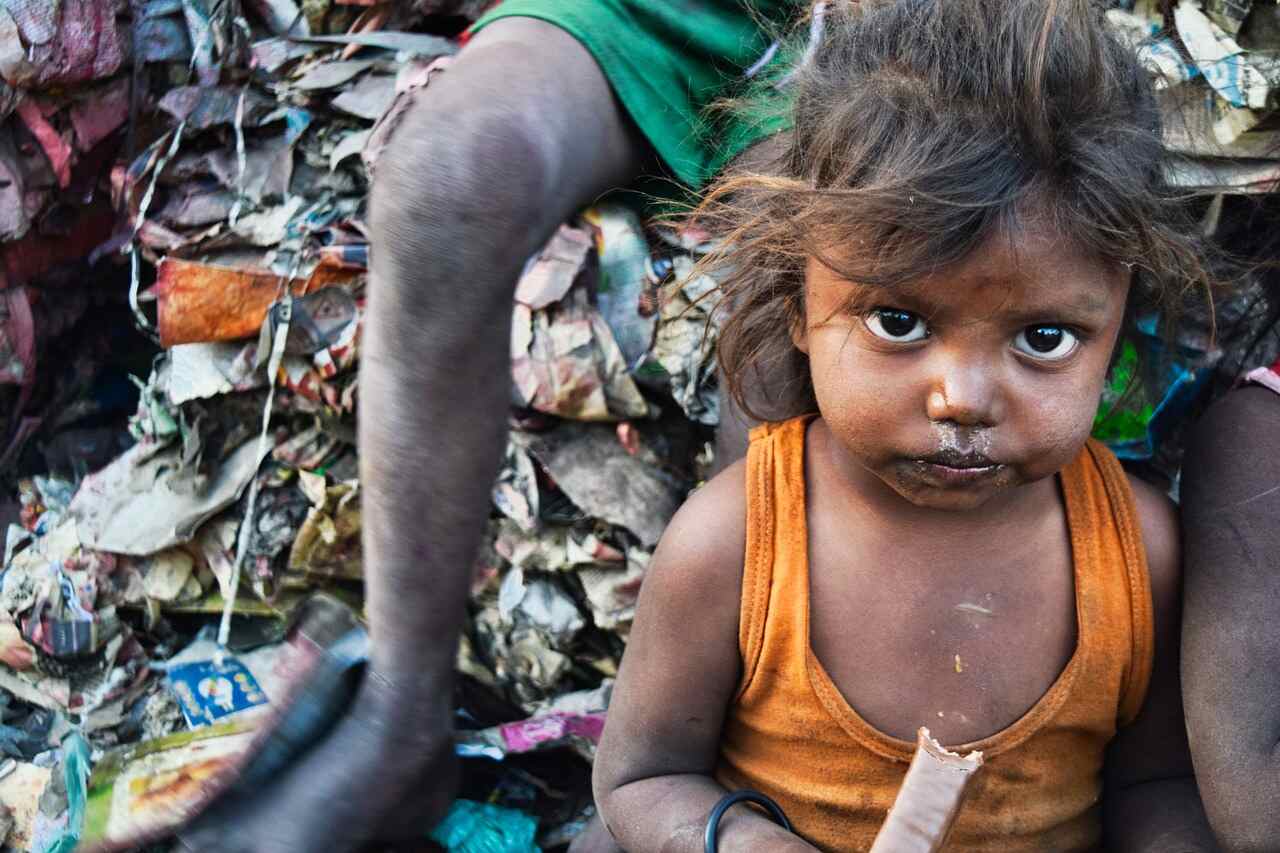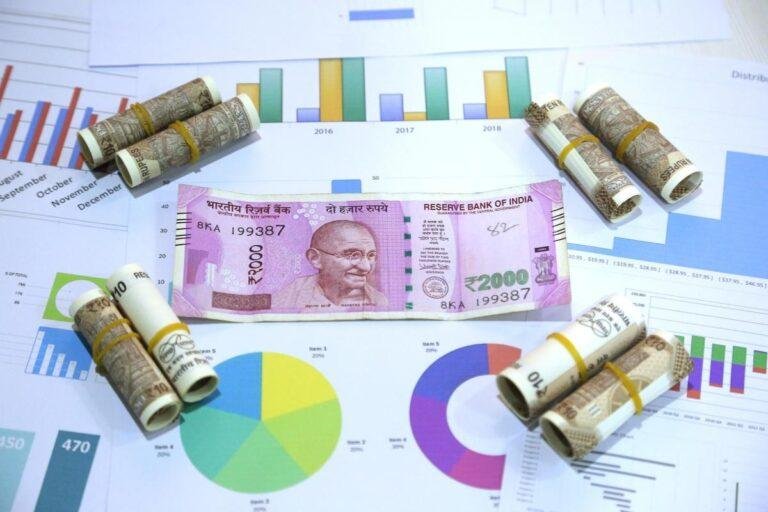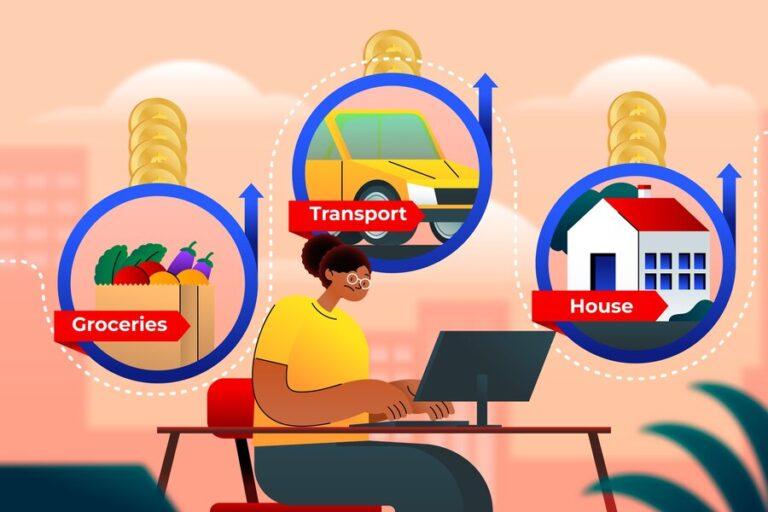10 Devastating Effects of Poverty in Pakistan That Are Crippling the Country
There are alarming effects of poverty in Pakistan. Poverty is an ongoing problem, significantly impacting the lives of millions and influencing the country’s social and economic framework. Despite having a rich cultural heritage and plentiful natural resources, Pakistan encounters major obstacles in lowering poverty rates. The repercussions of poverty extend well beyond financial issues, affecting education, health, social stability, and the nation’s overall progress. There are multidimensional effects of poverty in Pakistan.
Poverty has increased slightly amid recent shocks. This effects of poverty essay will examine how poverty affects various facets of life in Pakistan.
1. The Economic Influence of Poverty
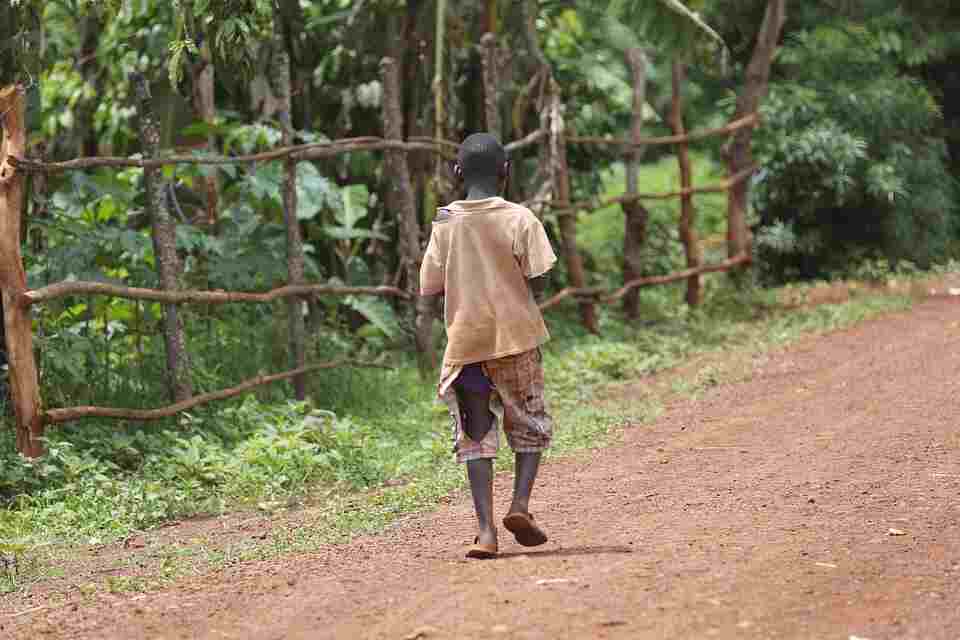
The economic effects of poverty in Pakistan are extensive. It creates a cycle where individuals lack the means to obtain proper education or training, leading to a shortage of skilled labor within the economy. This hampers productivity in vital sectors such as industry and agriculture, which are essential for Pakistan’s GDP.
Direct results of poverty include unemployment and underemployment. Although many individuals are in search of jobs, the labor market is unable to accommodate them, resulting in frustration and stagnation. The prevalence of informal work sees millions earning inadequate wages that do not satisfy even their basic requirements. Without reliable incomes, families find it challenging to save, invest, or enhance their quality of life.
2. Impact on Education
The detrimental effects of poverty in Pakistan on education are among the worst. In numerous impoverished households, children are frequently compelled to work rather than attend school to help support the family’s income. This significantly lowers literacy levels and hinders individuals from acquiring skills for improved job prospects.
Even when children manage to enroll in schools, the quality of education is frequently substandard. Rural educational institutions particularly suffer from a lack of basic resources such as desks, clean drinking water, and competent teachers. Many children abandon their studies because their families cannot afford fees, uniforms, or textbooks.
This educational deprivation perpetuates the cycle of poverty, leaving the next generation without the means to better their economic situations. Due to poverty, people will not send their children to schools.
3. Health and Diet Matters

Poverty has a direct effect on health and nutrition. Families in poverty struggle to buy nutritious food, resulting in widespread malnutrition, particularly among children. Poverty can also effect the mental health of people. As reported by UNICEF, almost 40% of children in Pakistan experience stunted growth due to insufficient nutrition. This hinders their physical and mental development, which in turn affects their academic performance and future contributions to society.
Access to healthcare is another significant challenge. Public healthcare facilities often suffer from overcrowding, lack of funding, and shortages of essential medicines. Conversely, private healthcare services are prohibitively costly for most people. Consequently, many health issues remain untreated, leading to preventable fatalities. Poor health diminishes productivity, which adds another obstacle for individuals seeking to escape poverty. This is one of the effects of poverty in Pakistan.
4. Surge in Crime
There is a strong correlation between poverty and rising crime rates in Pakistan. When people are unable to meet their fundamental needs, desperation may drive them towards illegal activities such as theft, drug trafficking, or fraud. This not only harms individuals but also destabilizes communities, creating a less safe environment for all.
High levels of unemployment and limited chances for upward movement worsen this issue. Many young individuals, unable to find lawful means to earn a living, resort to crime as a survival strategy. The absence of effective law enforcement and rehabilitation programs further complicates matters. This is also one of the effects of poverty in Pakistan.
5. Societal Disparity and Division
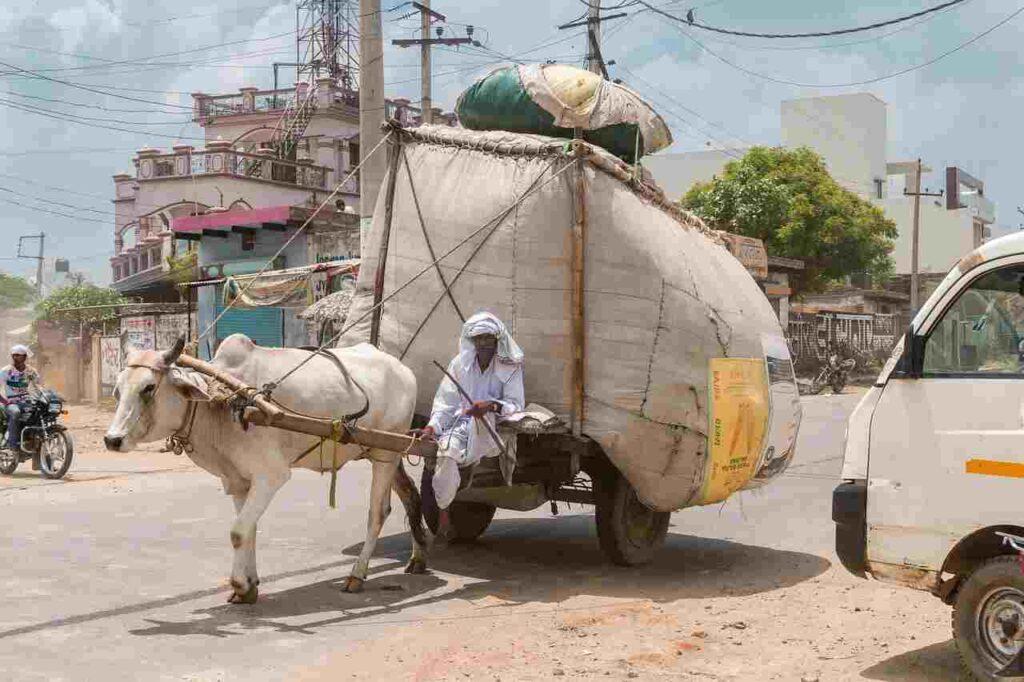
The damaging effects of poverty in Pakistan on the divide between various social classes are very serious, leading to resentment and social fragmentation. The affluent have access to superior education, healthcare, and opportunities, while the impoverished are often left to navigate increasingly harsh conditions. This inequality generates feelings of injustice and alienation among the poor, resulting in social unrest.
Moreover, poverty restricts social mobility. Even if someone is skilled or hardworking, the lack of resources and opportunities can prevent them from rising above their situation. This entrenches poverty in specific communities, making it even more challenging to tackle.
6. Rural-Urban Inequality
The injurious effects of poverty in Pakistan are more severe in rural regions than in urban areas. Rural communities heavily depend on agriculture; however, poor infrastructure, outdated agricultural practices, and erratic weather patterns often lead to low crop yields. This leaves farmers in a constant struggle to survive.
Urban centers, while offering better infrastructure and opportunities, also face poverty challenges. Slums in cities like Karachi and Lahore are overcrowded, lack essential services, and suffer from high unemployment rates. The rural-urban divide underscores the uneven distribution of resources, complicating nationwide efforts to combat poverty.
7. Political Uncertainty

Political instability and corruption contribute to both the causes and effects of poverty in Pakistan. Poor management of resources, insufficient accountability, and ineffective governance have impeded the nation’s capacity to establish successful poverty alleviation initiatives. Public dissatisfaction with government actions frequently results in protests and unrest, further destabilizing the nation.
Corruption diverts funds from crucial services such as education and healthcare, leaving the disadvantaged with even fewer resources. The lack of faith in government institutions also deters international donors and investors, who could otherwise significantly enhance economic development. Political instability and economic fragility are due to poverty in the country.
8. Environmental Dreadful conditions
Effects of poverty in pakistan are related to environmental challenges. Impoverished communities often depend on natural resources for their livelihoods, such as wood for fuel or land for agriculture. In the absence of sustainable practices, this overexploitation results in deforestation, soil degradation, and water scarcity.
Climate change worsens the situation, with floods, droughts, and severe weather events disproportionately impacting the poor. These environmental issues further diminish agricultural productivity, trapping rural communities in a cycle of poverty and resource exhaustion.
9. Influence on Kids
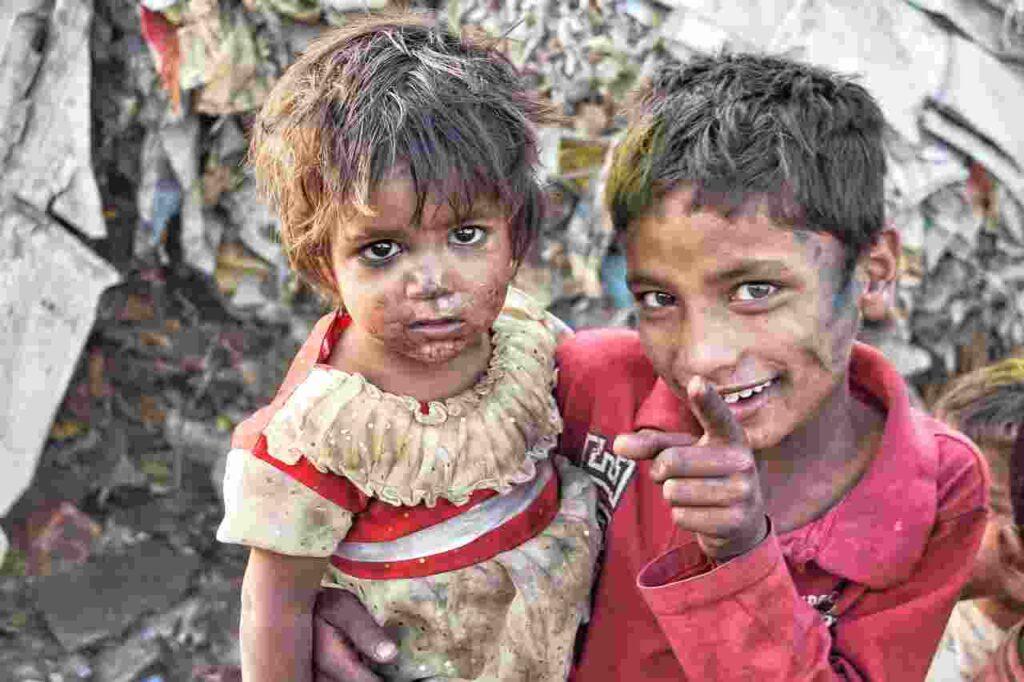
The effects of poverty in Pakistan are especially severe for children. Many are compelled to engage in child labor, working long hours in factories, fields, or households for meager wages. This robs them of their childhood and the opportunity to receive an education.
Malnutrition and insufficient healthcare result in many children growing up weak and susceptible to illnesses.
Additionally, the psychological impact of poverty—observing their parents struggle and feeling hopeless about their futures—affects their emotional well-being.
10. Economic Discrimination
Economic inequality serves as both, effects of poverty in Pakistan and the result. The wealthy continue to accumulate more wealth, while the poor grapple with meeting basic needs. Tax policies and economic reforms are essential to narrowing this gap and ensuring a more equitable distribution of resources.
Investing in sectors like agriculture, small enterprises, and education can assist in lifting the most impoverished segments of society, reducing inequality, and promoting inclusive growth.
5. Conclusion
Poverty in Pakistan is a multifaceted issue that influences every aspect of life, from economic development to the education sector, infrastructure, per capita income to social cohesion, and cultural identity. Its effects are experienced across generations, creating a cycle that is challenging to break without focused interventions. The effects of poverty in Pakistan are severe.
Addressing poverty necessitates a comprehensive approach, incorporating policy reforms, community-centered initiatives, and investments in education and healthcare. By confronting this crisis directly, Pakistan can realize its true potential and work towards a more equitable society.

